St. Francis pioneering ethnic studies course for Catholic schools
St. Francis High principal Elias Mendoza and Diversity Coordinator Valerie Ramos welcome students to the campus. Photo by Samantha Rickards.
September 27, 2022
St. Francis Catholic High School is developing an ethnic studies course that could inspire other Catholic schools in the area to do the same.
The main goal of this ethnic studies course will be to educate students on cultural sensitivity, and in doing so, school officials said, St. Francis can become a more inclusive campus to everyone, past, present, and future.
“Ultimately, the ethnic studies class is not going to be what fixes everything but it’s another way for students to learn about different cultures so that when they leave this institution and go on to other institutions of higher education they will be prepared for other diversities that are going to come,” said St. Francis Principal Elias Mendoza.
The ethnic studies curriculum at St. Francis will primarily focus on the ethnicities and cultures of the greater Sacramento region. Nevertheless, there will be opportunities to expand the program into more fields of study.
Governor Gavin Newsom signed a bill, in October 2021, requiring ethnic studies to be taught in all California public and charter high schools beginning in the 2025-2026 school year. By 2030, high school students will have to complete a semester of ethnic studies in order to graduate.
“A number of studies have shown that these courses boost student achievement over the long run,” Newsom said in a statement.
Unlike public schools, Catholic high schools are not required by law to offer ethnic studies; however, this does not mean they are uninterested.
“I think it’s an important course to add to our current curriculum here at St. Francis. It benefits all students regardless of what region of Sacramento they’re living in,” Mendoza said.
Recently, St. Francis has made it a priority to promote more diversity and inclusion on campus.
“We, like any other organization, have had some missteps along the way, but we’re doing the work and encouraging others to be a part of the process so we can do better,” Mendoza said.
Mendoza and the school’s Diversity Coordinator, Valerie Ramos, said plans to institute an ethnic studies course began early last year. Under the guidance of the University of California, Davis, St. Francis will create its own curriculum based on the needs of its students.
“There is no cookie cutter approach to teaching ethnic studies. I think it will depend on the strengths of the teachers teaching as well as the interests of the students. This should be a course that grows over time so that it doesn’t become static,” Mendoza said.
Presently, St. Francis is in the beginning stages of creating this course but, once the curriculum’s foundation is set and instructors are chosen to teach, there will be room for additional embellishments that can help shape the program.
“Step one is to get teachers trained and get input from parents and students as far as their hopes and dreams. Then, we want to alleviate any concerns they may have because some people don’t understand what ethnic studies is,” Ramos said.
Every department at St. Francis will partake in formal training whether they are chosen to lead the course or not.
“We will have the whole staff participate by getting trained and coming up with ways to incorporate these ideas into their departments,” Ramos said.
When speaking with various teachers on campus, all agreed that they would be open to training for an ethnic studies course.
“I think ethnic studies encompasses the bigger picture that it is talking about the history and experiences of all types of people,” said Maribel Tostado, a language teacher at St. Francis. “I think understanding other people is really important for our community.”
Tostado also mentioned how she participates in the “The Ethnic Studies Committee,” a group of teachers and staff interested in the ethnic studies program. Roughly every month, the committee meets with Ramos to address any questions or concerns they may have about the course.
“Just that we’re talking about it is a huge opportunity for growth in our school,” Tostado said.
Another contributing factor to the ethnic studies program will be the input of students.
“Because the students here are so talented and so broad in their perspective, I imagine they’re going to help create the curriculum. They are going to contribute so much of how this program will look in the future,” Ramos said.
Students around campus expressed substantially positive views about the ethnic studies course.
“I would love to take an ethnic studies course and be more educated on this subject. Literally, everything about this course would interest me,” sophomore Kinnera Tirumala said.
Furthermore, students are interested in the benefits this course could bring to the school community.
“I hope this class will make people on campus feel safer and help them better understand their beliefs and cultures,” junior Chidera Okoye said.
This course is set to roll out during the fall semester of 2023, that is, depending on limitations due to budget and the individuals writing the curriculum. Additionally, it will only be required for incoming freshmen, but other grades are welcome to enroll if their schedules allow.
“We initially talked about having a ninth grade course because it’s especially important for our youngest students on campus who haven’t been educated about ethnic studies, cultural awareness, and insensitivity to be exposed early,” Mendoza said.

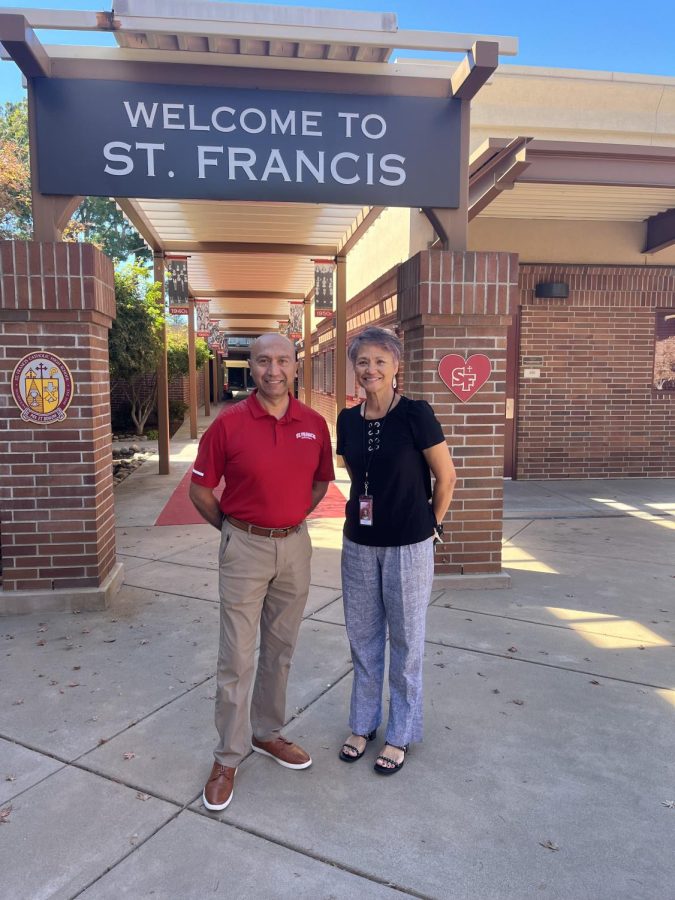
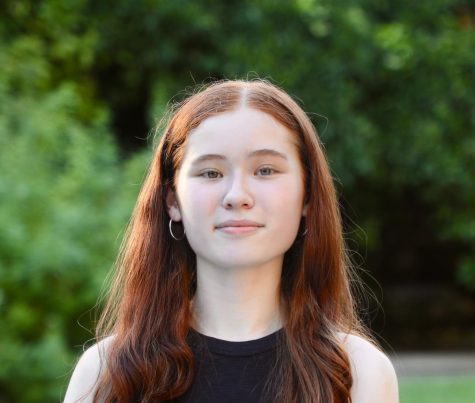
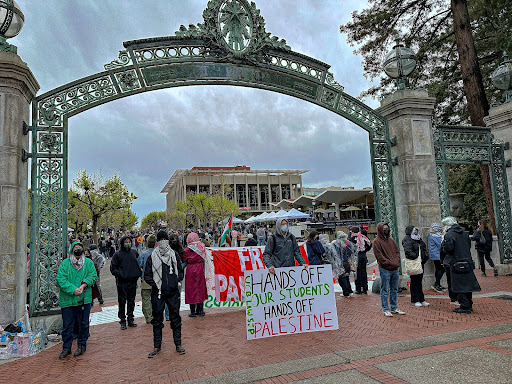


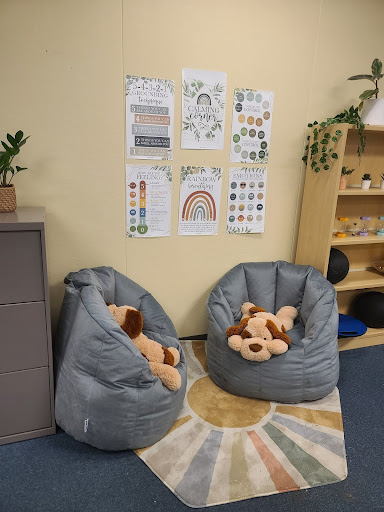

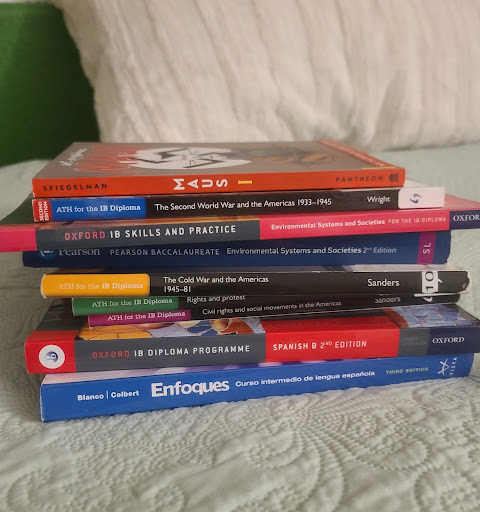
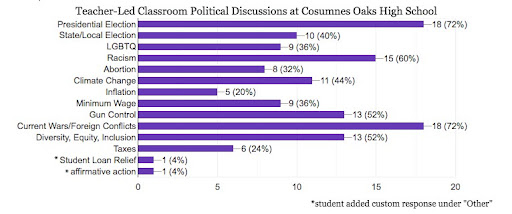


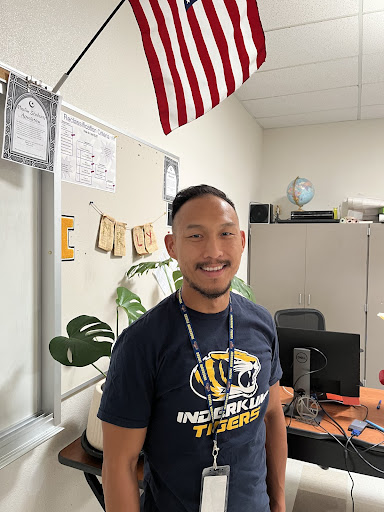

Shelby • Aug 30, 2023 at 10:13 pm
Great article! So informative!